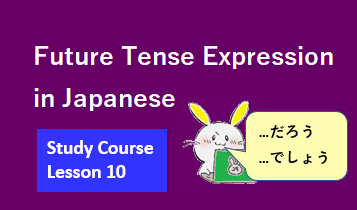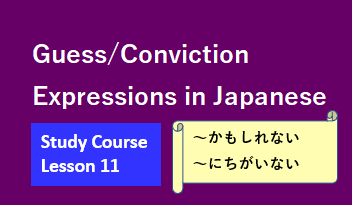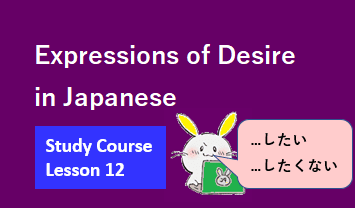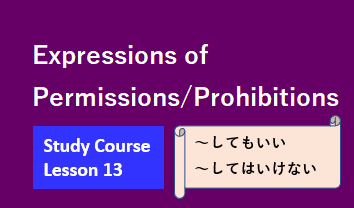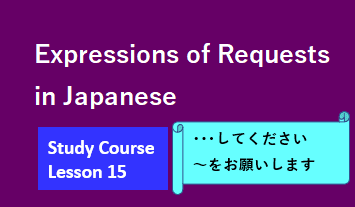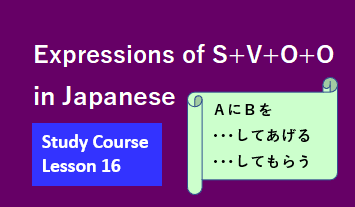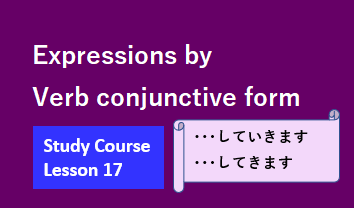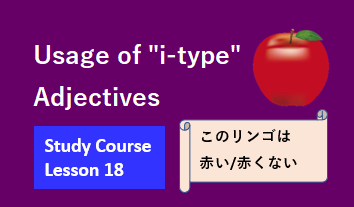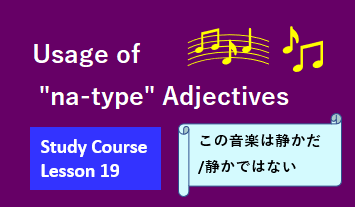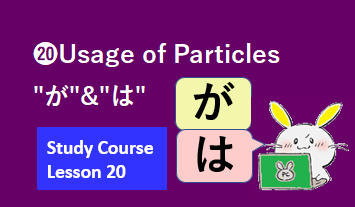Japanese Study Course Lesson14

In lesson 14, we will study the expressions of invitation and intention such as "Would you like to…" or "Let's do…" for invitation and "I would like to…" or "I'm going to…" for intention. For example, if you want to say, "Would you like to join our team and play baseball together?" in Japanese, you would politely say "私たちのチームに入って、一緒に野球をしませんか。".
14-1 Expressions of invitation
(1)・・・しないか/・・・しませんか
Expressions of invitation ➡ "Verb( consecutive form)+ないか/ませんか"
- Would you like to join our team and play baseball together?
- Ordinary:私たちのチームに入って、一緒に野球をしないか。
- Politely:私たちのチームに入って、一緒に野球をしませんか。
- The expression of invitation is to ask the person you want to invite in the form of a negative question, such as "…しないか" or "…しませんか".
- Replacing "ないか" with "ませんか" makes it more polite.
◆Detailed explanation
- Ordinary:私たちのチームに入って、一緒に野球をしないか。
- Polite:私たちのチームに入って、一緒に野球をしませんか。
- (subject omission)
- +私たちのチーム(object)+に(objective particle with directional intent)
- +入っ(verb "入る", conjunctive form)+て(conjunction particle)、
- +一緒に(adverb)+野球(object)+を(objective particle)
- Ordinary:+し(verb "する", negative form)+ない(auxiliary verb, negation)+か(ending particle, question)。
- Polite:+し(verb "する", consecutive form)+ませ(auxiliary verb "ます", negative form)+ん(auxiliary verb, negation)+か(ending particle, question)。
◆Vocabulary note
| チーム:(noun) team 入る :(verb) join 一緒に:(adverb) together |
(2)・・・しよう/・・・しましょう
Expressions of invitation ➡ "Verb( consecutive form)+しよう/しましょう"
- Let's study together in the library tomorrow afternoon.
- Ordinary:明日の午後、一緒に図書館で勉強しよう。
- Politely:明日の午後、一緒に図書館で勉強しましょう。
- The expression of invitation such as "勉強しよう" or "勉強しましょう" use the auxiliary verb "う" to indicate intention.
- Replacing "しよう" with "しましょう" makes it more polite.
◆Detailed explanation
- Ordinary:明日の午後、一緒に図書館で勉強しよう。
- Polite:明日の午後、一緒に図書館で勉強しましょう。
- 明日の午後(time)、(subject omission)
- +一緒に(adverb)+図書館(place)+で(objective particle, place)
- Ordinary:+勉強しよ(verb "勉強する", intentional form)+う(auxiliary verb, intention)。
- Polite:+勉強し(verb "勉強する", consecutive form)+ましょ(auxiliary verb "ます", intentional form, polite)+う(auxiliary verb, intention)。
◆Vocabulary note
| 午後:(noun) afternoon |
◆Advanced Study Conjugation of the auxiliary verb "ます"('sa-line' specific)
| Negative form ませ(ん) Auxiliary verb "ん" is added after | 今日の午後、私は図書館に行きません。 I will not go to the library this afternoon. |
| Past tense form まし(た) Auxiliary verb "た" is added after | 私は去年北海道に行きました。 I went to Hokkaido last year. |
| Basic form ます | ます (auxiliary verb, polite) |
| Adnominal form ます(+noun) Noun is added after | 明日は私も図書館に行きますので、必ず私も誘ってくださいね。 I will go to the library tomorrow, so please be sure to invite me too. |
| Hypothesis form Not used in normal speech | |
| Imperative form ませ/まし | いらっしゃいませ! welcome! |
| Intentional form ましょ(う) Auxiliary verb "う" is added after | 明日の午後、一緒に図書館で勉強しましょう。 Let's study together in the library tomorrow afternoon. |
The conjugation form of the auxiliary verb "ます" takes the form of "se, shi, su, se, sho" like "ません, ました, ます, ませ, ましょう", so it is called the 'sa-line' specific conjugation of verbs.
14-2 Expressions of intention
(1)・・・しようと思う/・・・しようと思います
Expressions of intention ➡ "Verb( intentional form)+しようと思う/しようと思います"
- I would like to join your team and play baseball together.
- Ordinary:私は皆さんのチームに入って、一緒に野球をしようと思う。
- Politely:私は皆さんのチームに入って、一緒に野球をしようと思います。
- Replacing "思う" with "思います" makes it more polite.
◆Detailed explanation
- Ordinary:私は皆さんのチームに入って、一緒に野球をしようと思う。
- Polite:私は皆さんのチームに入って、一緒に野球をしようと思います。
- 私(subject)+は(nominative particle)
- +皆さんのチーム(object)+に(objective particle with directional intent)
- +入っ(verb "入る", conjunctive form)+て(conjunction particle)、
- +一緒に(adverb)+野球(object)+を(objective particle)
- +しよ(verb "する", intentional form)+う(auxiliary verb, intention)
- +と(objective particle, quotation)
- +思う(verb, basic form)/ +思い(verb "思う", consecutive form)+ます(auxiliary verb, polite)。
◆Vocabulary note
| 皆さん:(pronoun) you 思う :(verb) think |
(2)・・・しようと思っている/・・・しようと思っています
Expressions of intention ➡ "Verb( intentional form)+しようと思っている/しようと思っています"
- I'm sick and I'm absent from school for a while, but I'm going to get better soon and study with everyone.
- Ordinary:今、病気で学校をしばらく休んでいるが、早く良くなってみんなと勉強しようと思っている。
- Politely:今、病気で学校をしばらく休んでいますが、早く良くなってみんなと勉強しようと思っています。
- The expression "・・・しようと思っている/・・・しようと思っています" is used when the will is held for a certain period of time.
- Replacing "いる" with "います" makes it more polite.
◆Detailed explanation
- Ordinary:今、病気で学校をしばらく休んでいるが、早く良くなってみんなと勉強しようと思っている。
- Polite:今、病気で学校をしばらく休んでいますが、早く良くなってみんなと勉強しようと思っています。
- 今(time)、(subject omission)
- +病気(object)+で(objective particle, cause/reason)
- +学校(object)+を(objective particle)
- +休ん(verb "休む", conjunctive form)+で(conjunction particle)
- +いる(auxiliary verb, situation)/ +い(auxiliary verb "いる", consecutive form, situation)+ます(auxiliary verb, polite)
- +が(conjunction)、
- +早く(adverb)
- +良くなっ(verb "良くなる", conjunctive form)+て(conjunction particle)
- +みんな(object)+と(objective particle, with/together)
- +勉強しよ(verb "勉強する", intentional form)+う(auxiliary verb, intention)
- +と(objective particle, quotation)
- +思っ(verb "思う", conjunctive form)+て(conjunction particle)
- +いる(auxiliary verb, situation)/ +い(auxiliary verb "いる", consecutive form)+ます(auxiliary verb, polite)。
◆Vocabulary note
| 病気 :(noun) sickness 学校 :(noun) school 休む :(verb) be absent 早く :(adverb) soon 良くなる:(verb) get better みんな :(noun) everyone |
◆Advanced Study Objective particle "で" ➁:cause/reason
- There are many ways to use the objective particle "で", but the usage here indicates the cause or reason.
- It is used in the form of "noun(object, matter)+ で".
- For example, My house was destroyed by the typhoon yesterday. 昨日の台風で自宅が壊れました。
- I'm sick and I'm absent from school for a while, but I'm going to get better soon and study with everyone. 今、病気で学校をしばらく休んでいますが、早く良くなってみんなと勉強しようと思っています。
"I'm thinking of mastering Japanese as soon as possible."「私は一日でも早く日本語をマスターしようと思っています。」


Today's lesson ends here. Ladies and gentlemen, did you understand today's theme "Expressions of Invitation and Intention"? Next time, we will study "Expressions of the request" such as "Please do…". See you!
See you next time!

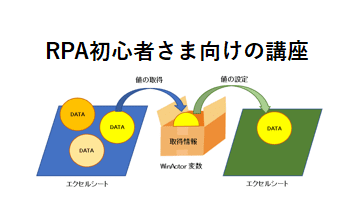
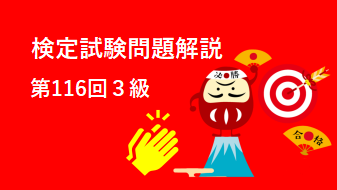
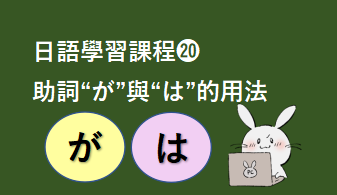

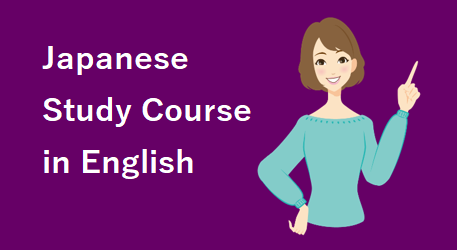
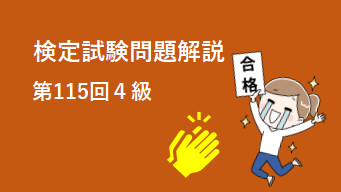
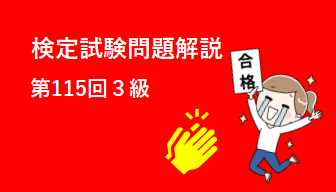
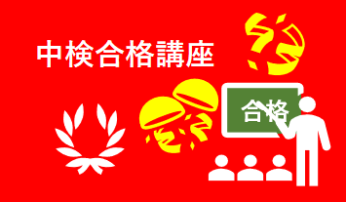
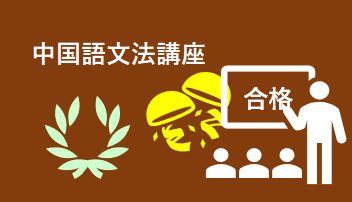
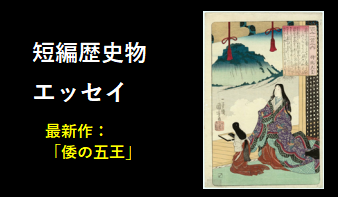
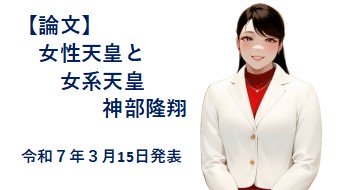
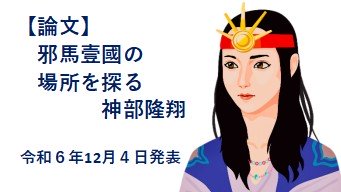
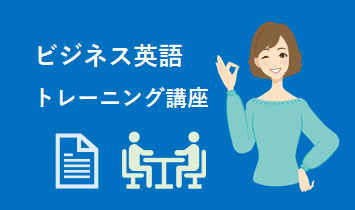

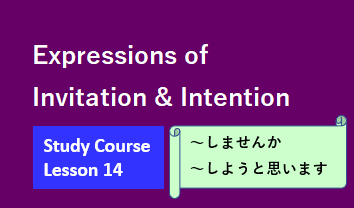

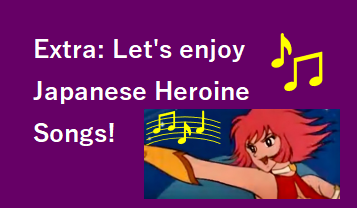
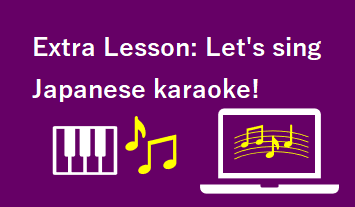
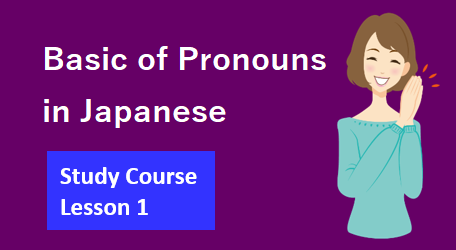
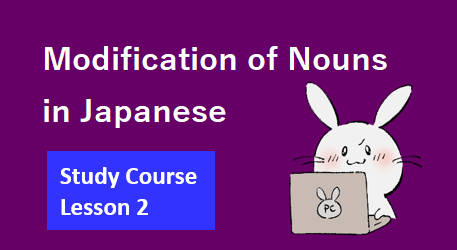

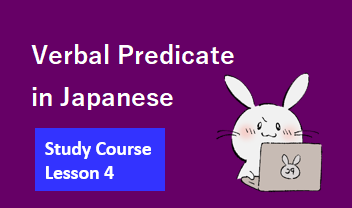
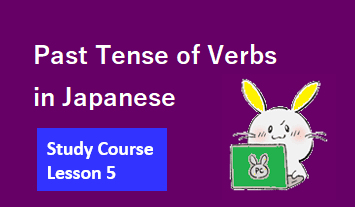
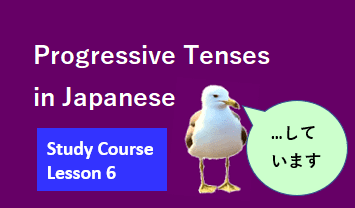
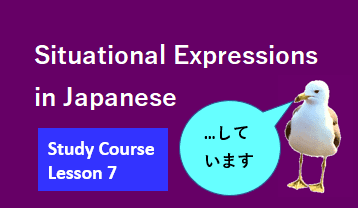
![❽Possible Expressions [1]](https://ryusho-kanbe.com/wp-content/uploads/2023/04/スクリーンショット-2023-04-03-100754.png)
![❾Possible Expressions [2]](https://ryusho-kanbe.com/wp-content/uploads/2023/04/スクリーンショット-2023-04-28-095816.png)
